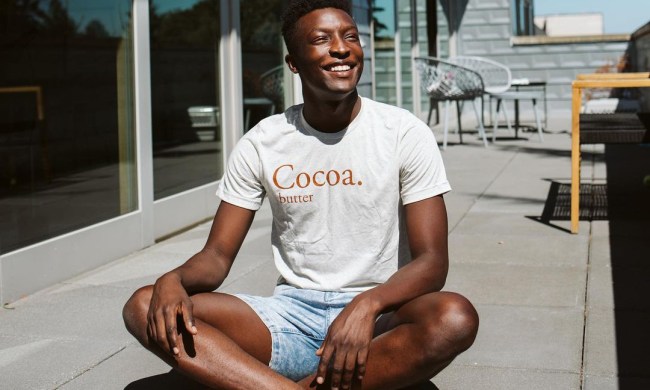With CBD appearing in everything from drinks to gummies, from toothpaste to toilet paper, it should come as no surprise that cannabidiol — the non-intoxicating, minimally psychoactive compound derived from cannabis plants — is now showing up in the skincare aisle. Mainstream and indie brands alike are touting the inclusion of CBD in everything from shampoo to sunscreen to facial serums, claiming that the decade’s hottest new plant medicine will cure all your skincare woes.
Are the claims true? Is the “green rush” warranted when it comes to grooming? We took a deep dive into the world of CBD skincare to find out for you.
What Does CBD Do in Skincare?
420-friendly aestheticians and skincare brands hail CBD oil for its low comedogenic factor, as well as its wealth of skin-rejuvenating antioxidants. CBD oil, they tell us, doesn’t clog pores, regenerates skin better than Vitamin C, and moisturizes as deeply as Vitamin E.
Cool story, but you could say the same about sea buckthorn, marula, or squalane oil. What does CBD bring to the party that these other plant-based oils don’t?
The big noise about CBD has to do with its ability to fight inflammation. Laboratory research shows that cannabinoids (any of several compounds within the cannabis plant) offer significant help to an overacting immune system. Strange as it may sound, there are times when your immune system may perceive minor threats as major and go full Joe Pesci on the problem, when all that was needed was a stern warning. CBD works by essentially calling off your immune system when it’s getting too crazy.
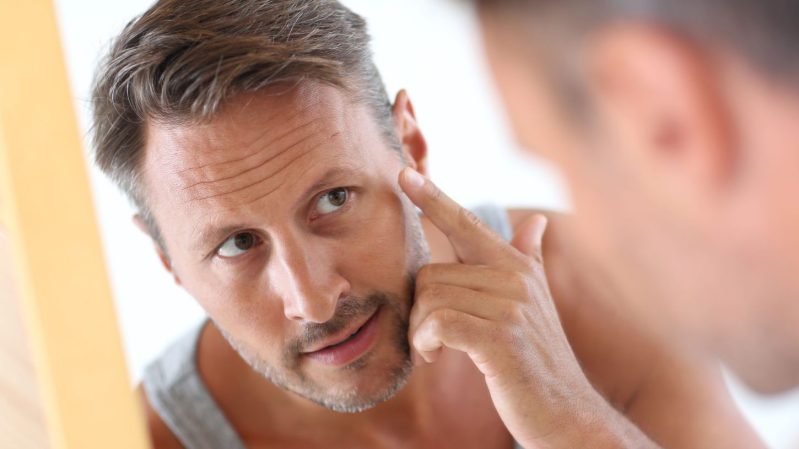
This effect is what can make CBD so helpful for problems like arthritis, insomnia, and even anxiety. But it also makes CBD a potential fix for sensitive skin, as well as issues like chronic dryness or redness, persistent acne, rosacea, eczema, and psoriasis.
I say “potential” because much of the evidence around CBD is still anecdotal. Furthermore, the minimal regulation of the CBD industry has allowed a lot of impostors entry into the market. (More on that below.) In other words, CBD may well be a miracle ingredient, but that doesn’t mean every product that contains CBD is going to give you the buttery smooth complexion of a K-pop star.
For one thing, not all CBD skincare products contain an appreciable amount of CBD. A face oil that boasts the inclusion of CBD should contain at least 1% CBD to offer any noticeable effect. (Doesn’t sound like a lot, but you’d be surprised how little CBD is actually contained in some brands’ products.) Another good tell is the cost of the product. If the CBD skincare product you’re considering seems surprisingly affordable, be skeptical. It probably doesn’t contain much CBD.
In fact, it might not contain any CBD at all. Experts agree that over 60 percent of CBD products are “mislabeled.” The industry’s lack of regulation makes it easy for shysters to get away with saying their face cleanser or cream contains CBD when it might just have hempseed oil, aka cannabis sativa oil. (Which is a great ingredient—it’s just not CBD.)
It doesn’t help that real CBD can go by many names on a product package. It might be listed as cannabidiol, full-spectrum hemp, hemp oil, PCR (phytocannabinoid-rich), or PCR hemp extracts. Why the confusion? Again, lack of industry regulation and the quickly changing landscape of legality around cannabis-derived products. In ten years, this won’t (we hope) be an issue.
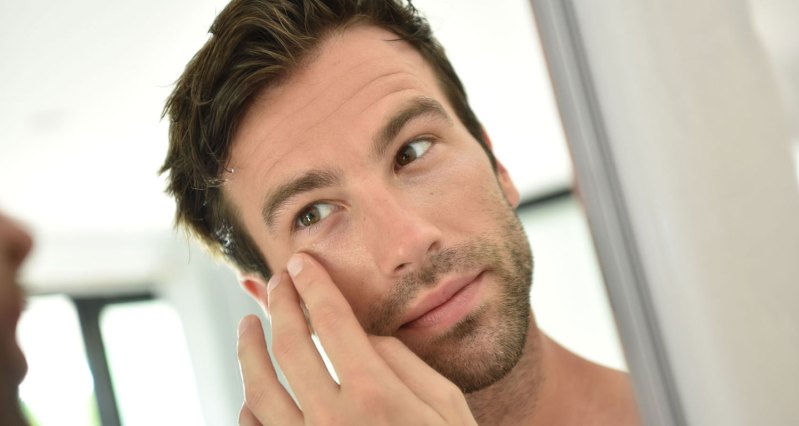
Finally, there’s the issue of where the CBD came from. Some countries, such as China, are producing hemp in enormous quantities to fuel the “green rush,” but their lack of agricultural oversight means that these plants can contain high levels of contaminants, such as heavy metals. These toxins can negate all the potential benefits of using a CBD skincare product.
A good sign that you’re dealing with a quality CBD skincare brand is if the product is certified as being third-party tested. In addition, look for products that clearly indicate the volume or percentage of CBD contained in the product, and if possible, look for brands where the hemp is certified organic and/or grown in the USA.
Okay, But Does It Really Work?
As a plant medicine aficionado, I’ve tried CBD in myriad forms: Bud, tincture, gummies, and yes, topical versions such as lotions and face oils. I enjoyed a great relaxation effect from smoking CBD flower, but felt almost nothing from even the strongest concentration of tincture. As far as topical treatments go, I loved the CBD-infused skin salve I tried, but that might have had as much to do with the other ingredients as with CBD itself. This jives with the opinion of Dr. Jeremy Riggle, chief scientist at Mary’s Medicinals: “What we know about cannabinoid therapy is that it is highly individualistic depends to a significant extent on the symptoms being treated.”
There’s also the question of what type of CBD to look for. Some skincare and grooming products use CBD isolate, while others are made with full-spectrum CBD. Isolate indicates just the cannabidiol compound and nothing more, while full-spectrum CBD includes trace amounts of other cannabinoids and terpenes. Some say isolate is purer and thus more effective; others claim that full-spectrum gives an “entourage effect” that boosts the efficacy of CBD. I’m firmly in the full-spectrum camp, but that’s not to say your experience will be the same.
Bottom line, be prepared to experiment a bit before you commit to a single CBD skincare brand. Try out some tester or travel-sized products and see what works the best for you. You may find that a CBD-infused shampoo helps tame your dandruff, while a CBD face oil doesn’t offer any improvement over your previous product.
Finally, I’ll add one more note from my own experience: Hemp-derived CBD has nothing on the kind extracted from actual marijuana. While I’ve never noticed a major benefit from hemp-derived CBD, I’ve enjoyed wonderful effects when using CBD derived from actual cannabis sativa indica. Sadly, you’re not going to find any commercially available skincare products made with Mary Jane-sourced CBD just yet, as the legality around marijuana differs from state to state. (Cheers to my home states of Michigan and to California for being the first to legalize.) I look forward to the day when I can scrub my scalp and smooth my crow’s-feet with a side of mind-opening buzz. But until then, I’m glad that sufferers from inflammation-induced skin woes are free to enjoy the benefits of plant medicine.
A Few CBD Grooming Products to Try
Herbivore Emerald Deep Moisture Glow Facial Oil
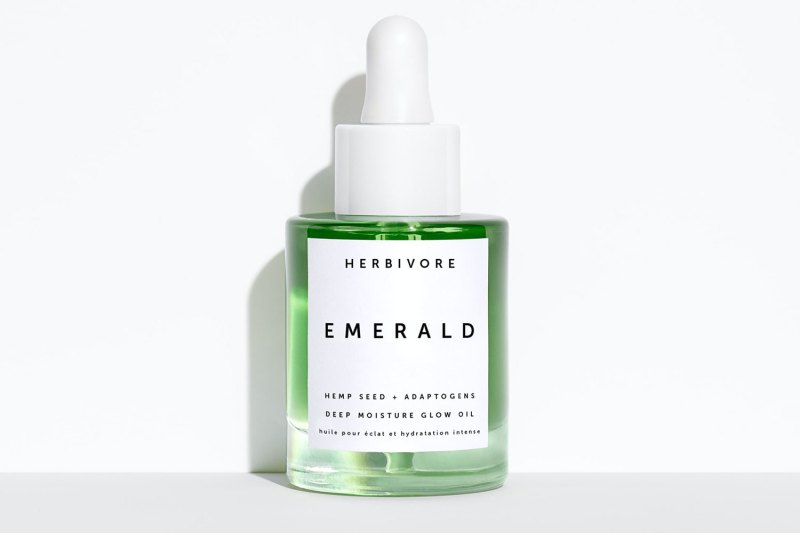
Inflammation-soothing CBD makes dryness and redness a thing of the past, while plant-derived squalane and borage seed oil offer rich hydration and adaptogens like shiitake mushroom and ashwagandha root fight the effects of oxidative stress.
Also Organics CBD Hand Lotion
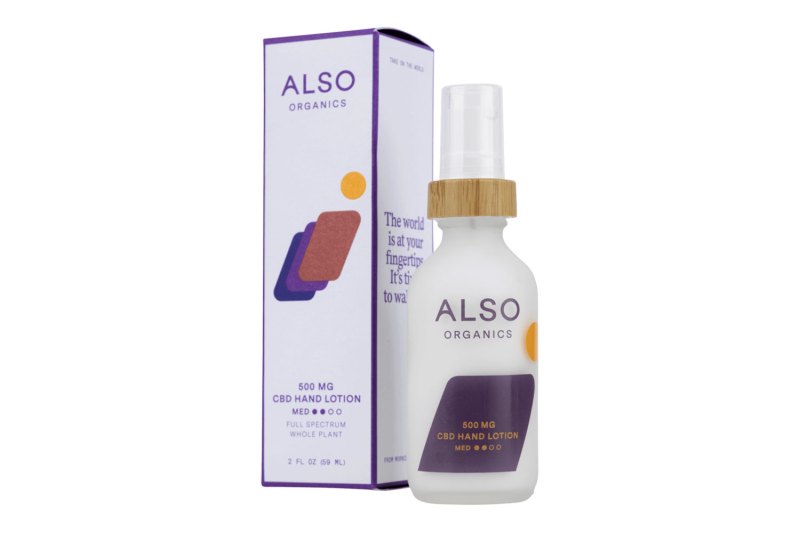
Blessed with a whopping 500mg of CBD per bottle, this ultra-soothing lotion absorbs quickly and soothes epidermal ills such as eczema, psoriasis, bug bites, sun damage, scars, burns … need we go on?
Malin and Goetz Hair Pomade
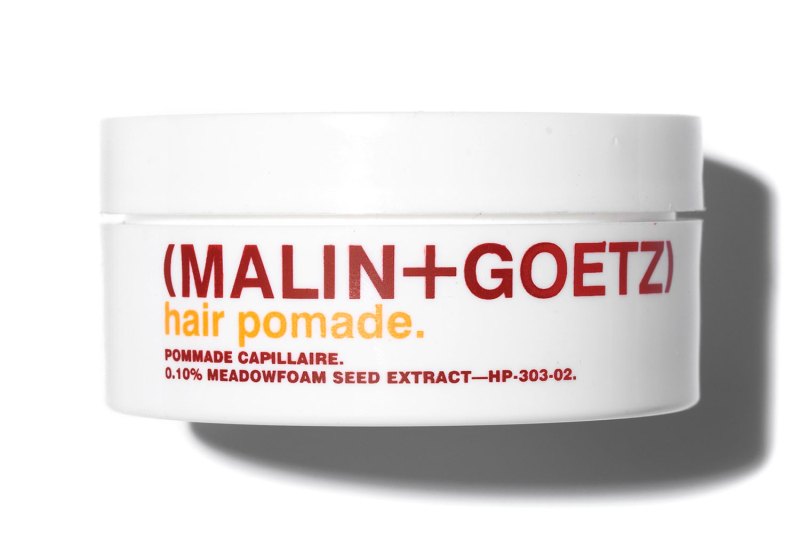
Quit plying your hair with petroleum-based pomade — that shiny plastic effect went out with your Ed Hardy tees. Make the switch to this beeswax-based version that employs CBD oil for natural shine and soft definition.
Kingdm Cosmetics Foto Blur CBD Primer
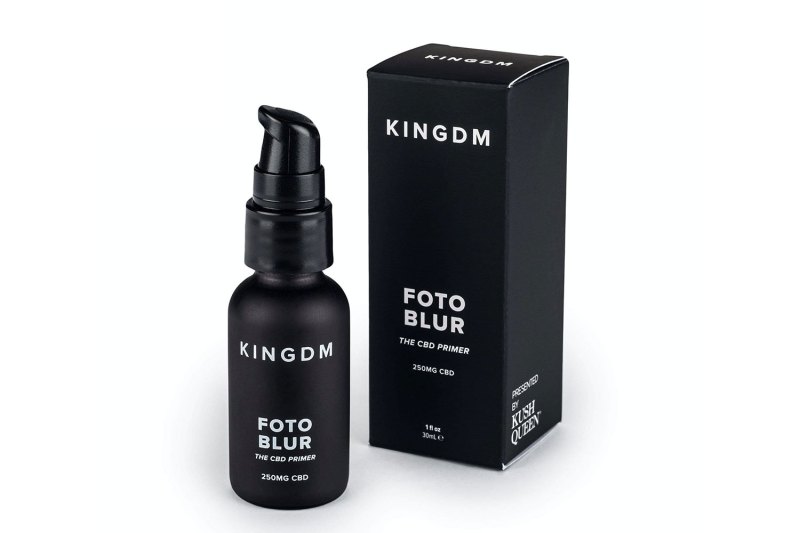
You don’t have to wear makeup (though it’s cool if you do) to benefit from this plant-powered primer. The mix of ultra-tiny CBD particles and plant-sourced squalane works like an airbrush, minimizing pores and evening out your complexion for a photo-ready look.
Appalachian Cannabis Company CBD Beard Oil
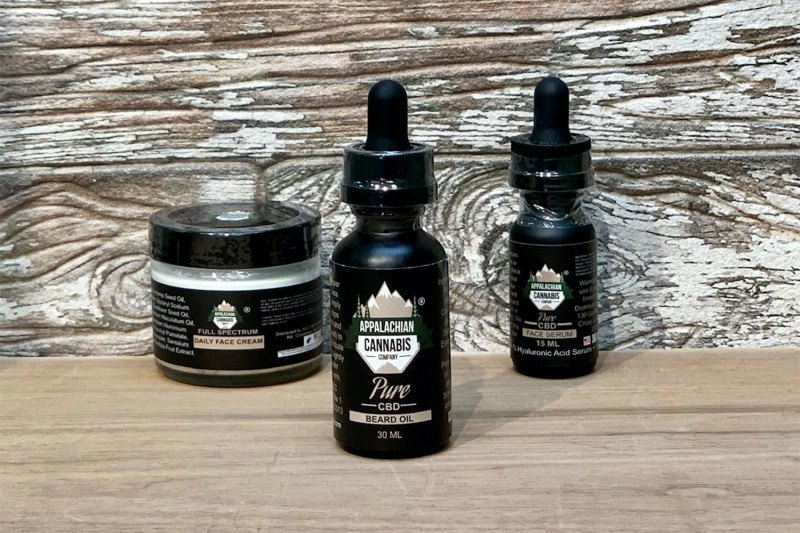
If that beard you grew for your girlfriend feels like you’re wearing a Chia Pet on your face, don’t fret. This mix of CBD and other plant oils will hydrate both your facial hair and the skin underneath, soothing itchy inflammation while giving a touchably soft texture.


